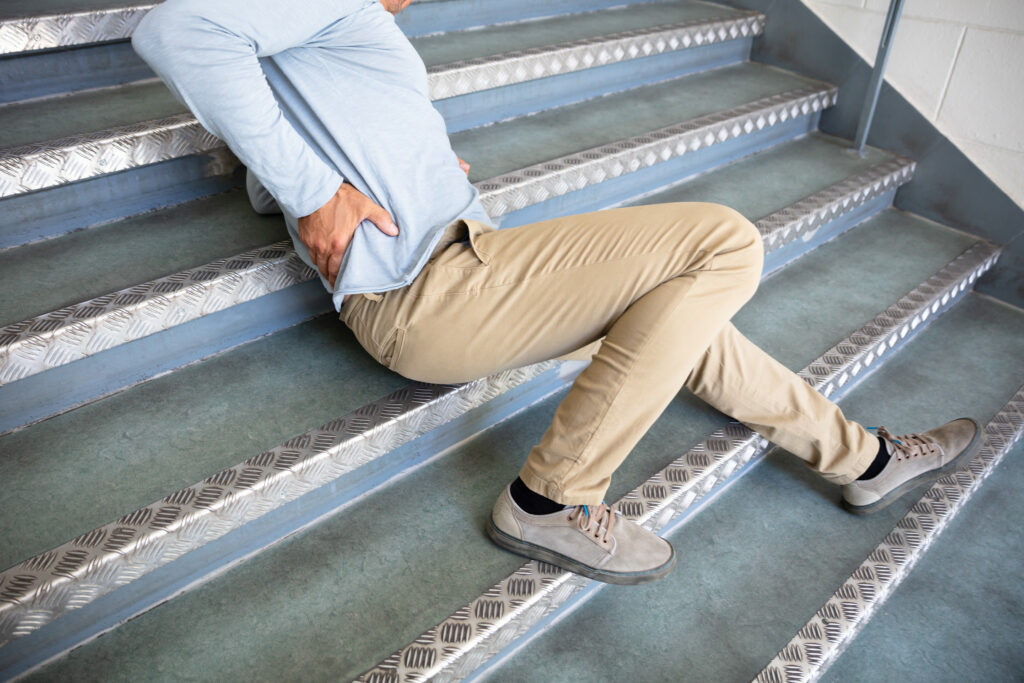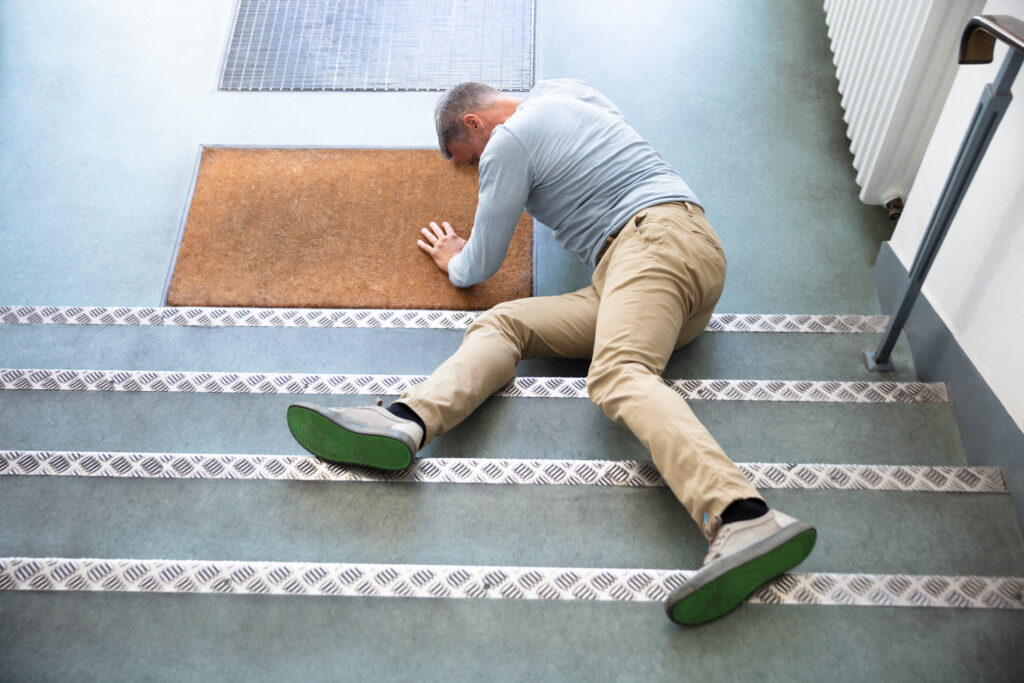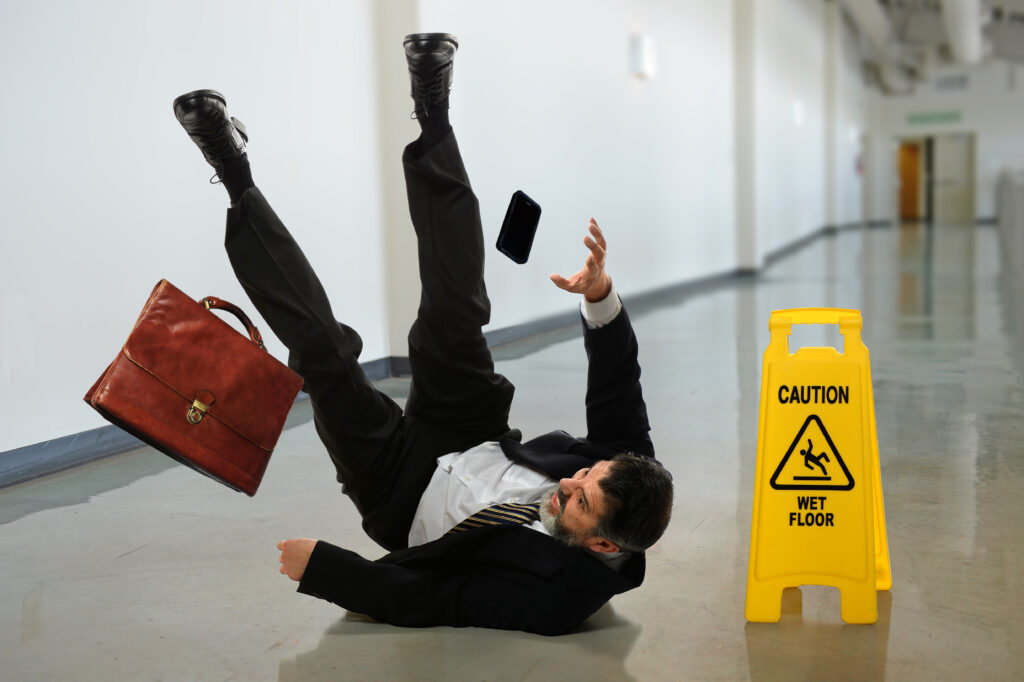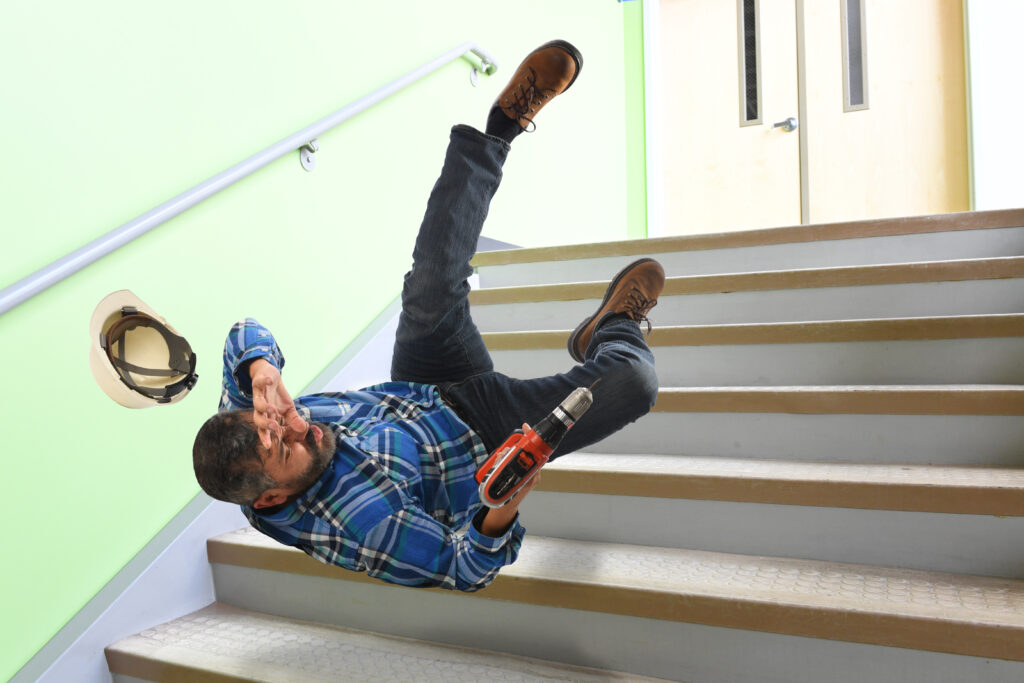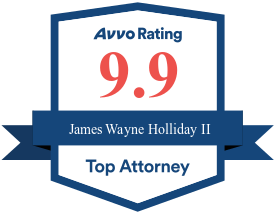Getting hurt on private property can be a distressing experience. Whether it's a slip and fall accident or an injury caused by unsafe conditions, you may wonder if you can sue the property owner for your damages. In this blog post, we will explore the legal options available if you get hurt on private property and discuss the importance of hiring a personal injury attorney to navigate the complex legal process.
If you or a loved one has suffered an injury on private property, don't hesitate to contact a Lutz personal injury attorney for a free consultation. They identify your rights and advocate on your behalf.
The Difference Between a Licensee, Invitee, and Trespasser
When it comes to injuries that occur on private property, understanding the legal status of the injured person is crucial. The law generally recognizes three categories of individuals who may be present on someone else's property: licensee, invitee, and trespasser. Each status carries different rights and responsibilities. Here's what sets them apart:
Licensee is a legal term used to describe someone who has permission to enter a property but does not have a business purpose for being there. For example, you are a licensee if you visit a friend's house for a social gathering. The property owner has a duty to warn you about any known hazards that may not be obvious to you. However, the degree of care owed to a licensee is lower than an invitee.
On the other hand, an invitee is an individual who is invited onto someone's property for a business purpose, such as a customer in a store or a client in a law office. When you are an invitee, the property owner has a higher duty of care towards you. This means they must take reasonable steps to ensure the premises are safe and free from any known dangers. If they fail to do so and you suffered an injury, you may have grounds for a legal claim.
Finally, a trespasser enters someone else's property without permission or legal right to do so. In most cases, property owners owe no duty of care to trespassers. However, there are exceptions to this rule.
For example, suppose the property owner intentionally creates a dangerous condition to harm trespassers. In that case, they may be held liable for any resulting injuries. Additionally, if the property owner is aware that trespassers frequently enter their property, they may have a duty to provide a warning about any concealed hazards.
While these distinctions may seem technical, they are essential when determining liability for injuries on private property. If you're unsure of your legal status or have suffered an injury on someone else's property, it's essential to consult with an experienced personal injury lawyer who can evaluate your case and advise you on the best course of action.
Legal situations can be complex, and having an attorney by your side can help protect your rights. Don't hesitate to contact a licensed attorney for guidance and support.
The Complexity of Private Property Injury Cases
Private property injury cases can be complicated for several reasons. Firstly, liability issues can arise. Determining whether the property owner was negligent and legally responsible for your injuries requires carefully analyzing the accident's circumstances.
Secondly, each state has its own laws regarding premises liability and negligence. This means that the legal standards and factors considered in private property injury cases may vary depending on where the accident occurred.
Lastly, insurance companies representing property owners often try to minimize liability and compensate you with as little financial compensation as possible. This is why having a personal injury attorney by your side is crucial to protect your rights and obtain fair compensation for your injuries.
Understanding Premises Liability
Premises liability refers to the legal responsibility of a property owner or occupier to maintain a safe environment for individuals who visit the property. When someone suffers an injury due to unsafe conditions on private property, the property owner may be liable for their injuries.
To establish a premises liability claim, the injured party must prove the following elements:
- Duty of care: The property owner had a legal duty to ensure a safe environment for visitors.
- Breach of duty: The property owner failed to uphold their duty and maintain safe conditions on the property.
- Causation: The unsafe conditions directly caused the injured party's injuries.
- Damages: The injured party suffered physical injuries or other harm due to the accident.
Note that not all injuries on private property lead to a successful premises liability claim. Each case is evaluated based on its unique circumstances, and the assistance of a personal injury attorney can determine if you have a valid claim.
Types of Private Property Injury Cases
Accidents can occur anywhere, even on private property. Whether you are visiting someone's home, attending a social event, or shopping at a private establishment, there is always a risk of sustaining an injury due to the negligence of the property owner or occupier. In such cases, you may have legal recourse to seek compensation for your injuries and related damages.
Private property injury cases can arise from various situations and conditions. Some common types of private property injury cases include:
Slip and Fall Accidents
Slip and fall accidents occur when an individual slips, trips, or falls due to hazardous conditions on private property. Hazardous conditions contributing to slip and fall accidents include wet floors, uneven surfaces, loose carpets or rugs, debris, and inadequate lighting. Slip and fall accidents can lead to injuries ranging from minor sprains to more severe fractures or head injuries. If negligence can be proven—such as failing to address a known hazard—the property owner or occupier may be liable for your injuries.
Dog Bites
Dog bite incidents are another category of private property injury cases. If a dog owner fails to control their pet properly, resulting in a bite or attack, they may be held responsible for the injuries caused, depending on the laws in their state.
Negligent Security
Property owners have a responsibility to ensure the safety of their visitors. When a property owner fails to provide adequate security measures, it can put individuals at risk of criminal activities such as assaults, robberies, or other violent incidents. In these cases, the property owner may be held liable for the injuries sustained due to their negligence. If you have suffered an injury due to a property owner's failure to provide proper security, you may be entitled to compensation for your physical injuries, emotional distress, and any associated financial losses.
Swimming Pool Accidents
Private homeowners or property owners with swimming pools must ensure appropriate safety measures are in place. If someone suffers an injury due to the lack of proper fencing, supervision, or pool area maintenance, the property owner may be held responsible. Injuries arising from pool accidents include head injuries, broken bones, hypothermia, near drowning, or even drowning.
These are just some examples of private property injury cases. Each case is unique and requires a thorough investigation to determine the property owner's liability.
Why You Need a Personal Injury Attorney
Navigating a private property injury claim can be overwhelming, especially when dealing with insurance companies and the legal complexities involved. Here are some reasons why hiring a personal injury attorney is crucial:
Knowledge and Experience
Personal injury attorneys have extensive knowledge and experience handling private property injury cases. They understand the applicable laws, legal procedures, and insurance companies' tactics to minimize payouts. With their experience, they can build a strong case on your behalf.
Investigation and Gathering Evidence
A personal injury attorney will conduct a thorough investigation to gather evidence, including witness statements, photographs, surveillance footage, and medical records. This evidence is crucial in establishing liability and proving the damages you have suffered.
Negotiation Skills
Insurance companies often try to settle private property injury claims for the lowest amount possible. A skilled personal injury attorney will negotiate with the insurance company on your behalf and fight for fair and just compensation for your injuries, medical expenses, lost income, and pain and suffering.
Litigation Representation
Suppose a fair settlement cannot be reached through negotiations. In that case, a personal injury attorney will be prepared to take your case to court. They will advocate for your rights during trial and present a compelling case to the judge and jury.
If you have suffered an injury on private property due to the negligence of the property owner or occupier, don't hesitate to seek legal advice. Contacting a knowledgeable attorney will explain your rights and options for pursuing compensation. They will provide the knowledge and guidance needed to navigate the legal complexities and ensure your case proceeds efficiently and effectively.
Can You Afford a Personal Injury Attorney?
When you suffered an injury and face medical bills and other expenses, hiring a personal injury attorney may seem daunting. However, it's essential to understand that many personal injury attorneys work on a contingency fee basis. This means that you don't have to pay anything upfront. Instead, they will only collect a fee if they successfully obtain compensation for you.
Contingency fees are typically a percentage of the compensation awarded, and this percentage may vary depending on the complexity of your case. Discussing this fee structure with your attorney upfront is important so you have a clear understanding of what to expect.
By working on a contingency fee basis, personal injury attorneys ensure that their services are accessible to everyone, regardless of their financial situation. You don't have to worry about paying hefty legal fees out of pocket when you may already be struggling financially due to your injury.
Compensable Damages in Premise Liability Cases
If you recently suffered an injury on private property, you may wonder if you have the right to sue for compensation. Property liability cases can be complex, but if you can establish that the property owner was negligent and that their negligence caused your injury, you can recover compensable damages.
Compensable damages are the monetary compensation an injured party may receive due to their injuries. These damages compensate for both the economic and non-economic losses suffered due to the injury. In property liability cases, several types of compensable damages may be available.
Economic Damages
Economic damages, also known as special damages, include medical expenses, lost income, and any property damage resulting from the incident. These damages are relatively straightforward to calculate, as they typically involve tangible losses that can be easily quantified.
Non-Economic Damages
On the other hand, non-economic damages are more subjective and can include pain and suffering, emotional distress, and loss of enjoyment of life. These damages are not as easily quantifiable, and calculating the appropriate compensation requires a more nuanced approach.
Punitive Damages
In addition to economic and non-economic damages, punitive damages may also be available in property liability cases. Punitive damages punish the negligent property owner for their actions and deter similar behavior in the future. However, punitive damages do not apply to property liability cases unless there is evidence of gross negligence or willful misconduct on the property owner's part. They are also unavailable in cases that settle out of court since only a judge or a jury can award them.
To ensure you can recover the full extent of compensable damages available in your case, it is important to consult with an attorney who regularly handles property liability cases. An experienced attorney can assess the details of your case, gather evidence, and build a strong argument for why you deserve compensation.

Did You Suffer an Injury? Contact a Seasoned Premises Liability Lawyer Today
Navigating the legal process after suffering a premise liability injury can be challenging. Still, with the help of a seasoned lawyer, you can ensure that your rights are protected and that you receive the compensation you deserve. Don't hesitate to contact a trusted attorney for a consultation to discuss the specifics of your case and explore your legal options.
Property liability cases can be complex, and the laws governing these cases can vary. It is always best to seek professional legal advice to fully understand your rights and to ensure you receive fair compensation for your injuries.

